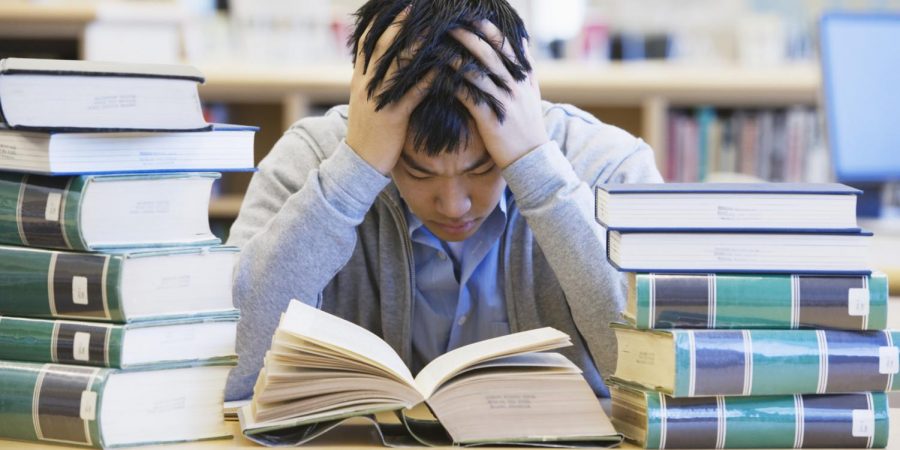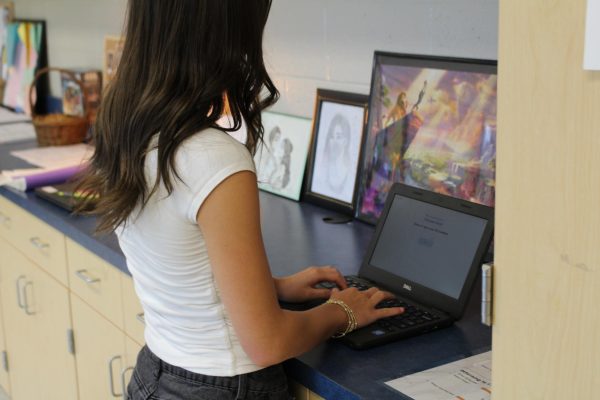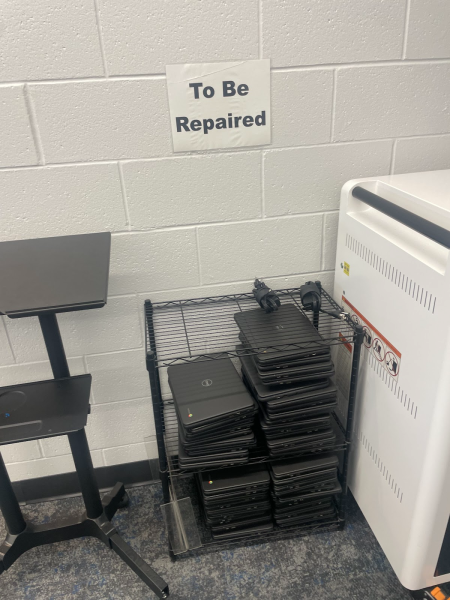THE UNOFFICIAL EFFECTS OF COVID
COVID effects lurk deeper than the surface
While common physical effects of COVID include dry coughing, aches and pains, the unofficial effects that plague the mental health of individuals can be just as crucial. COVID-19 has impacted countless lives and continues to do so. Apart from affecting the physical aspects of one’s well being, the virus also has an effect upon the mind.
Originating in Wuhan, China, the Covid-19 virus is so new that people have not had sufficient time to build up any immunity towards the deadly plague that has taken so many lives over the past year. The virus had a particularly severe effect on people in the older generation or with pre-existing conditions.
“I was just dead, I’m just laying down and I couldn’t move and it was just seriously like I was run over by a semi-truck, ” said Jennifer Arbuckle, long term substitute.
Physically, those affected by the virus had different reactions.
One teacher’s energy level was less than half of what it was before he tested positive for Covid-19, said Robert Lee, AP chemistry teacher.
Schools are responding to Covid-19 in an attempt to minimize the spread of the virus. In accordance with CDC guidelines, anyone who is exposed to a person that has tested positive for more than 15 minutes must also be quarantined.
This leads anyone testing positive to set off a chain of events in which multiple people are quarantined, disrupting their routine schedule. Quarantined students are expected to immediately self-quarantine, isolating themselves at home, with the hopes that they will have the self-discipline to work on school work remotely.
It ultimately comes down to self-discipline and it’s difficult to think that high school students are self-disciplined enough to keep up with seven classes everyday without the accountability of being physically at school, Lee said. Last year, the educational process of the students was disrupted due to the coronavirus pandemic that hit Rogers, Lee said.
In theory, students actually have more time at home, said Mike Harper, history teacher.
“They just have to choose to get up and do the work. They actually have more free time. Then it comes into self-discipline,” Harper said.
According to a survey given to RHS students who were quarantined at some point during the school year, 68% of the students who were quarantined found themselves stressing over their work and the same percentage of students did not manage to turn their assignments in on time.
An unavoidable factor for both teachers and students is their home environment. Students inevitably have all kinds of temptations at home, making it challenging to stay completely focused on school work. Therefore, students often give into those temptations and then lose the will power to stay focused.
Esmerelda Sandoval, 10, said she would get distracted constantly and regardless of what she did, she would still end up losing focus and get time taken away from her work.
Another student, Kylie Russell,10, said that her animals were both distracting and took time away from her work. Although Russell has good self-discipline and set aside all distractions that she could, it was still difficult for her to get all her work done.
Ninety-one percent of students, including those who were not quarantined, responded that they believe other students will suffer from stress during the quarantine.
“They’re stressed at home and stressed at school; then that stress can lead to depression. If you are really stressed about something, then you will catastrophize something because you’re so worried. It starts with stress because then you feel like there’s no hope,” said Arbuckle.






